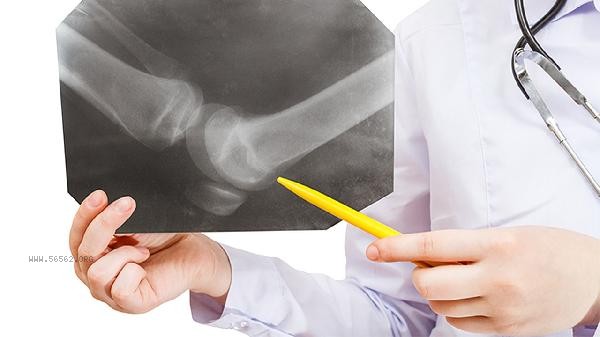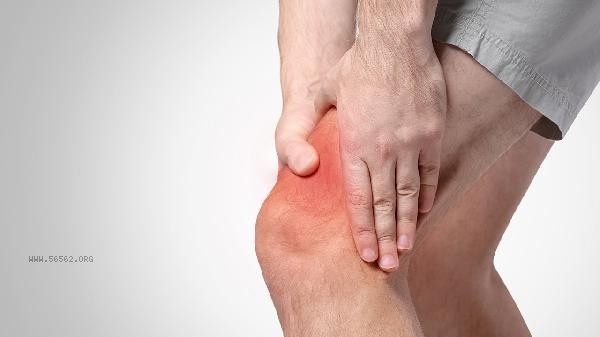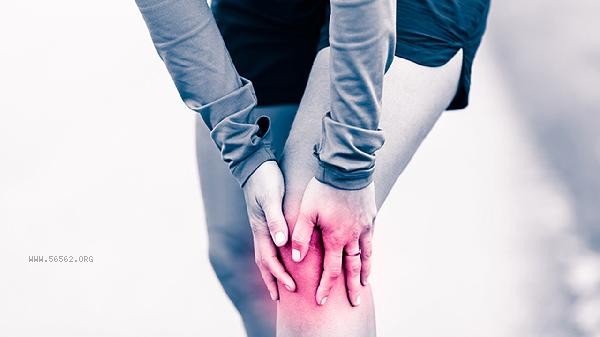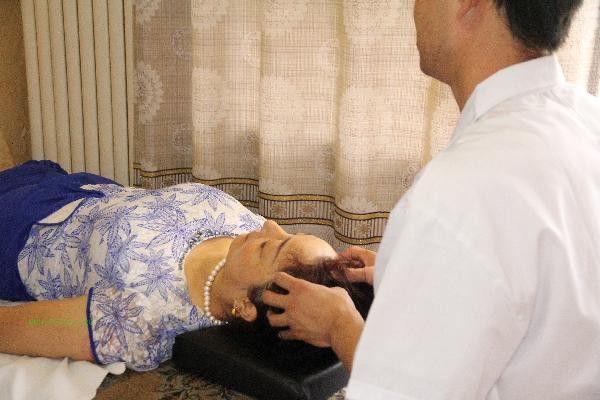Cold hands and feet and joint pain may be related to factors such as poor blood circulation, iron deficiency anemia, hypothyroidism, rheumatoid arthritis, and osteoarthritis. Cold hands and feet and joint pain are usually manifested as low temperature at the ends of the limbs, joint stiffness and pain, which can be relieved through measures such as warmth preservation and medication treatment.

1. Poor blood circulation
Long term sitting or lack of exercise may lead to poor peripheral blood circulation, causing coldness in the hands and feet due to insufficient blood supply. Cold stimulation can exacerbate joint pain. It is recommended to engage in aerobic exercises such as brisk walking and swimming to promote blood circulation. In winter, it is important to wear warm gloves and knee pads. If accompanied by pale or numb skin, vascular lesions should be investigated.
2. Iron deficiency anemia
Insufficient hemoglobin can reduce the oxygen carrying capacity of the blood, leading to insufficient oxygen supply to the hands and feet and causing coldness. The tissue hypoxia caused by anemia may exacerbate joint discomfort. Moderate intake of iron rich foods such as animal liver and spinach can be recommended, and if necessary, iron supplements such as dextran iron oral solution and protein succinate iron oral solution can be taken according to medical advice.
3. Hypothyroidism
Insufficient secretion of thyroid hormones can slow down metabolism, manifested as fear of cold, cold hands and feet, and accumulation of metabolic products may induce joint soreness and pain. Thyroid function needs to be tested. After diagnosis, medication such as levothyroxine sodium tablets and thyroid tablets can be used as a substitute for treatment according to medical advice. Daily attention should be paid to avoiding high iodine diets.

4. Rheumatoid arthritis
Synovitis caused by autoimmune abnormalities can lead to joint stiffness and pain in the morning, and inflammatory reactions may be accompanied by peripheral circulatory disorders such as cold hands and feet. The typical symptom is symmetrical small joint swelling and pain, which needs to be diagnosed through anti CCP antibody testing. Treatment can use anti rheumatic drugs such as methotrexate tablets and leflunomide tablets, combined with hot compress to relieve symptoms.
5. Osteoarthritis
Degeneration of articular cartilage can cause joint pain during movement, aggravated by cold stimulation, and may reflexively cause coldness in the hands and feet. Middle aged and elderly people are more common, and X-ray shows narrowing of the joint space. According to medical advice, use glucosamine sulfate capsules and acetaminophen capsules to protect cartilage, and use celecoxib capsules for short-term use when pain is significant.

Daily attention should be paid to keeping limbs warm, avoiding cold water stimulation, and exercising muscles around joints to enhance blood circulation. Moderately increase the intake of ginger and longan isothermal foods in diet, and avoid excessive intake of caffeine and alcohol. If the symptoms continue to worsen or joint deformities occur, it is necessary to seek medical attention promptly at the rheumatology and immunology department or orthopedic department, and complete blood routine, joint ultrasound and other examinations to clarify the cause.







Comments (0)
Leave a Comment
No comments yet
Be the first to share your thoughts!